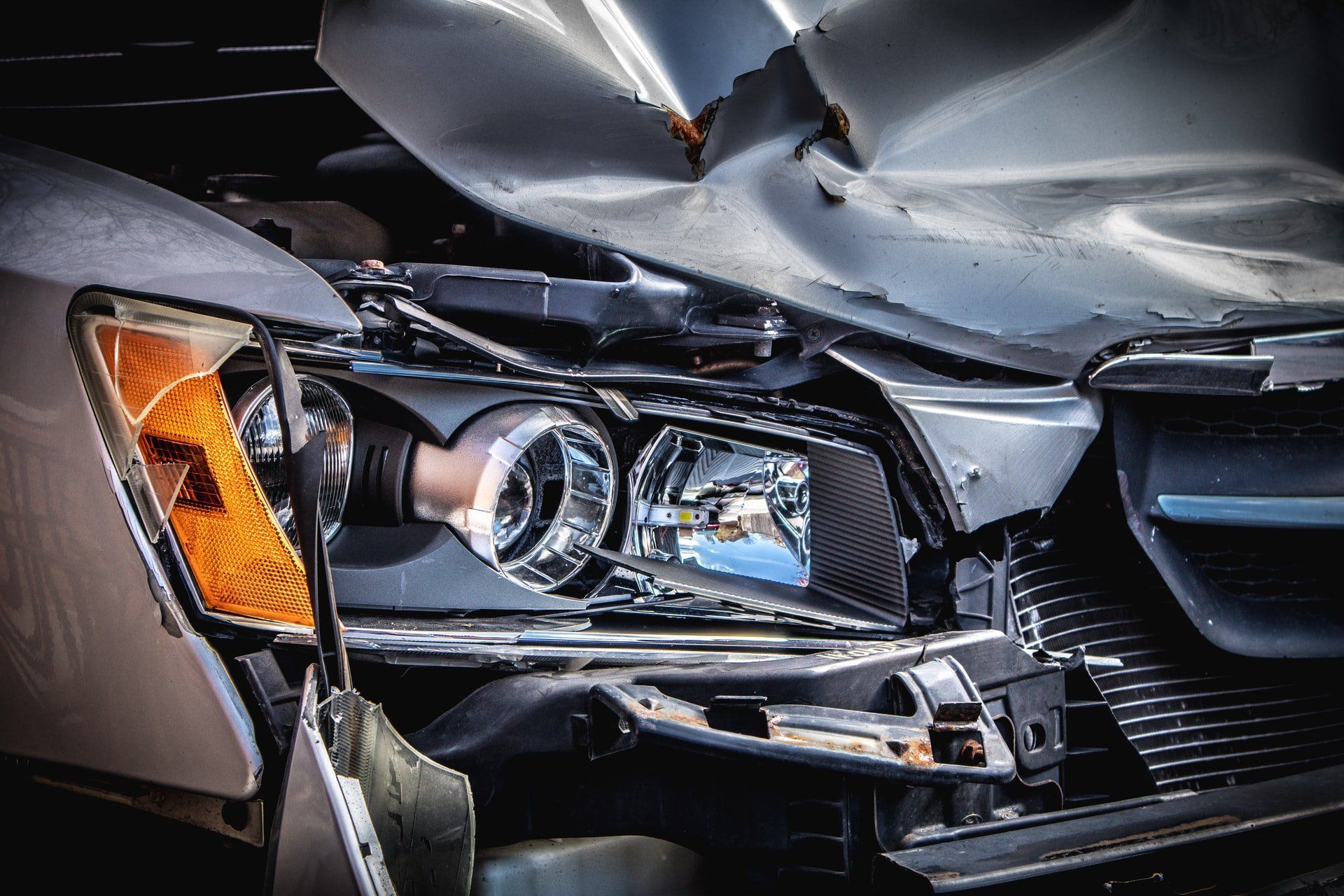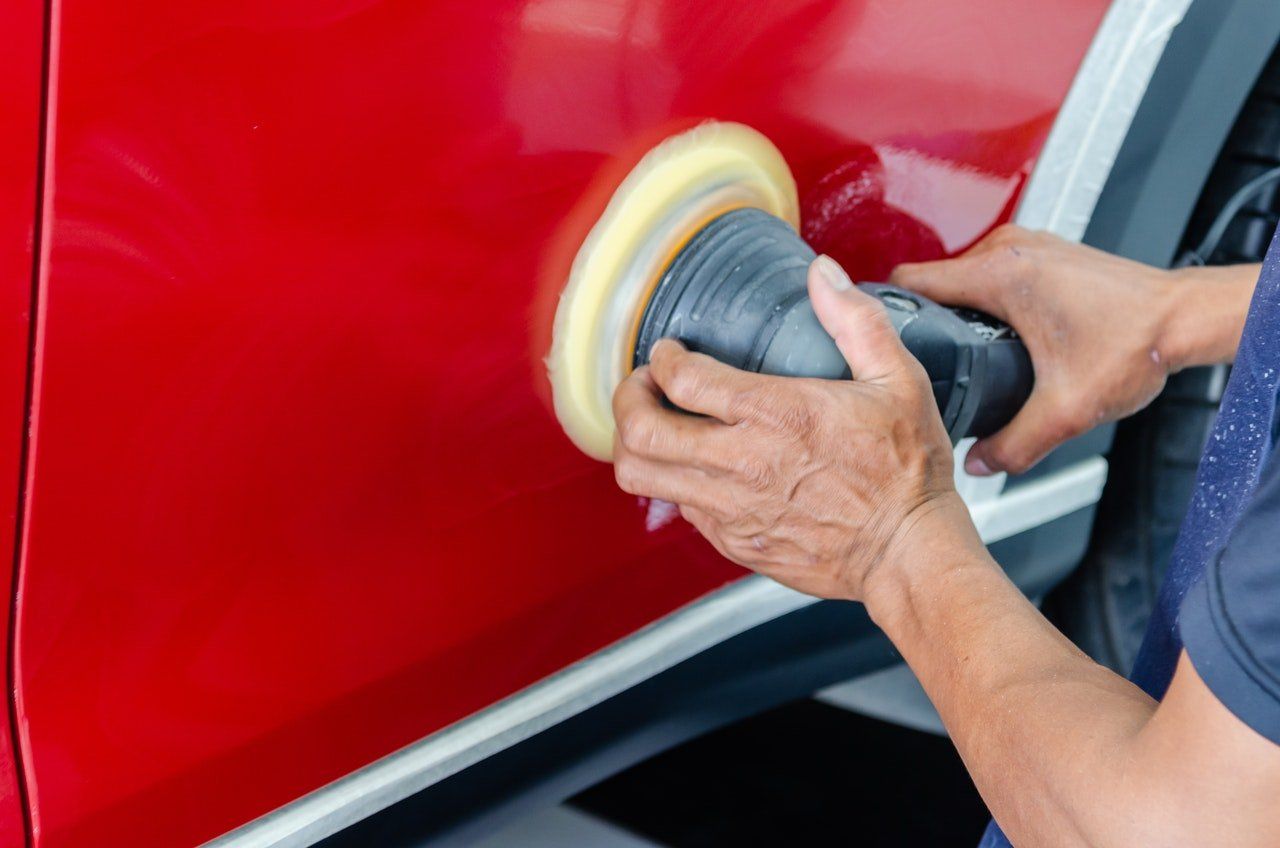3821 Old Forest Rd
Lynchburg, VA 24501
Teaching your teen driver to be aware of the other vehicles on the road is a vital aspect of safe driving. Show them how to check their blind spots and adjust their mirrors so that they can see other vehicles more effectively. Show them how to drive safely, especially during poor weather or at night. And teach them about how to avoid distractions, such as cell phones and other electronic devices.
Distracted driving is one of the leading causes of car accidents and can lead to collisions. Even if a cell phone is convenient, teens should avoid using it while driving. In addition to reducing distractions, they should learn their vehicle's manual and how to use the dashboard signals. Parents should also discuss with their teens the consequences of talking or texting on the phone while driving. Keeping these in mind will help your teenager avoid a collision.
One of the biggest mistakes made by a teenage driver is driving with emotion. While they may think they have everything under control, stress can lead to mistakes or increased anxiety. When this happens, parents should remind them to pull over. During stressful conversations, parents should reassure their teens that pulling over is okay. If a teen is using a cell phone while driving, they should pull over. It will keep them from distracted driving and improve their driving performance.
One of the most effective ways to keep your teenager from having a car accident is to be present when they are driving. It is extremely important for your teenager to stay calm and collect their thoughts during a collision. It can also help them avoid having a confrontation with the other driver before the police arrive. Teenagers are known for being quick with their cell phones and can sometimes take pictures that may be embarrassing for them later.
Another way to help your teenager avoid a collision is to set stricter standards for them while they are driving. You can also consider enrolling your teenager in a defensive driving class. Many insurance companies award discounts to good students and may even include accident forgiveness clauses in the policy. The best way to set stricter standards is to set an example. A safe following distance for a car is three to four seconds. In poor visibility and heavy traffic, you can increase this distance. Research also shows that graduated driving laws are associated with a reduction in fatalities.
If you want your teen to drive safely, you should take driver's education classes. During the course, a teen learns about road safety and traffic patterns. He or she also learns how to react to problems that may occur on the road. Teens should know how to plan ahead and call 911 when an accident occurs. They should also take care to check for injuries and render basic first aid. If possible, they should stay in their vehicle until help arrives.
Another important safety tip is teaching your teen to maintain a safe distance from the car in front of them. The more space they have to stop or brake, the better. This technique is simple to teach, but only if the sky is clear. It is also important to emphasize to your teen the importance of wearing a seat belt and using headlights in fog or darkness. Once they understand how to drive safely, they can gradually increase their driving privileges.
For a first-time driver, keeping a car in good condition will minimize the risk of a crash. If your teen is only learning to drive, consider investing in safety features, such as an anti-lock brake system and electronic stability control. Some teens may also find it useful to purchase a car with intelligent seat belt reminders. It is also wise to check the car's safety rating, which is available from the National Highway Traffic Safety Administration and the Insurance Institute for Highway Safety. Although a used car usually has a warranty, be careful to keep it dry, since water damage will shorten its lifespan and reduce safety features.
The National Highway Traffic Safety Administration has a website where parents can check if a particular car is affected by a recall. Also, remember that no car is perfect. Make sure to check the car's recall history on the NHTSA website before you buy it. In addition to checking for recalls, make sure to keep the lights on during dawn and dusk, as animals have no understanding of the rules of the road.


OPENING HOURS
Monday – Friday: 8 AM – 5 PM
Saturday: Closed
Sunday & Holidays: Closed